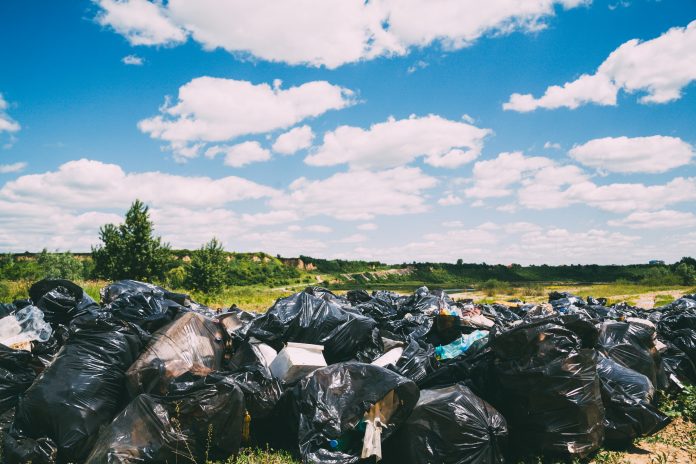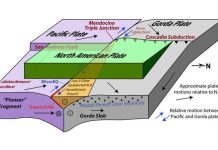Packaging supplier RAJA has conducted research to reveal the top 29 countries that have been efficient in minimising waste by analysing metrics such as recycling, composting, incineration and waste recovered levels for the past five years
With global waste predicted to rise by 70% as soon as 2050, the responsibility to minimise waste is on all of us. And with the likes of climate change, loss of wildlife and poor health being just some of the consequences of too much waste, the time to turn the tables is now. But where to start? Minimising our waste doesn’t just mean reducing the waste we produce, but it also means recovering waste, too. To inspire change, it helps to look at those that are doing it well.
The top 3 countries for waste recovery
The countries recovering the highest percentage of their waste on average over five years are:
- Switzerland have 100% waste recovery, despite being in the top five for waste production (only behind Netherlands, Denmark and the USA). Switzerland stopped burying rubbish in landfills in 2000, and now they recover 53% of their waste through material recovery (i.e. recycling and composting), while the other 47% is incinerated for energy.
- Sweden are also extremely close to fully recovering their waste at 99%. They are in the top five recyclers at 32%, with composting efforts at 16% of total waste. They recover more even more energy through incineration than Switzerland do at 52%. In fact, their municipal waste is generated into heat within their 35 waste-to-energy powerplants; heating the homes, power buses and taxis of its 10 million residents.
- Denmark are also high at 99%, putting two Nordic countries in the top. Denmark fall slightly below Sweden for recycling (29%), but achieve slightly higher in composting (18%). Similar to Sweden, over half of their waste recovery comes from incineration at 53%. Despite their revolutionary waste management systems, however, Nordic nations still require a significant increase in recycling rates to meet the revised European Union (EU) recycling targets (of 65%) for 2035.(1)
While these statistics demonstrate which countries are recovering waste, not all waste recovery is equal. For example, while burning waste is reusable, Zero Waste Europe reports that it produces only small amounts of energy, and there are many fuelled debates around the toxic consequences of this method.
The lowest performers in waste recovery are currently Turkey, who send an average of 93% of waste to landfill. Greece follows behind with 83%, and Latvia after that at 69%. It is worth noting, however, that, even if sending non-recoverable items to other countries might be illegal (as it is in the UK), it might still happen. And, when countries send recyclable waste overseas, there is a chance that it may not have been sorted properly and will thus negatively impact others’ landfill. This can cause results of both countries to be skewed.
The top 3 countries for low waste production
As mentioned previously, being able to minimise waste altogether is always the better option. Interestingly, though Sweden and Denmark are the two of the top three for their efforts in waste recovery, they are also in the top five producers of waste (per head) on average over five years. The top five are as follows: Netherlands (1789lbs), Denmark (1720lbs), USA (1628lbs), Switzerland (1584lbs) and Germany (1392lbs).
So, who are doing well in this category? Those that are producing the least amount of waste include Poland (668lbs), Czech Republic (740lbs) and Japan (778lbs). Poland’s encouraging figures could be due to new laws that force food sellers to donate unsold foodstuff to non-governmental organisations, as well as plans to charge for smaller plastic bags. These are just two of many other ways they are curbing their waste.
Who is minimising waste, whilst also recovering it?
Ultimately, however, to be a country that is truly excelling in waste management, it is crucial to consider both waste minimisation and waste recovery metrics. When doing so, the study found that Japan came on top, thanks to not only being the third lowest waste producer but also boasting a 93% waste recovery rate. In fact, Japan have managed to decrease their waste by 4% over the last 5 years, continuing to impress when it comes to the green policy of reducing, reusing and recycling.
Their motto of ‘Mottainai’ is one we could all do with the following: don’t waste anything worthy.
You can find the full research here: https://www.rajapack.co.uk/minimising-waste
(1) https://bioenergyinternational.com/policy/nordic-region-must-boost-recycling-rates-new-report-finds











